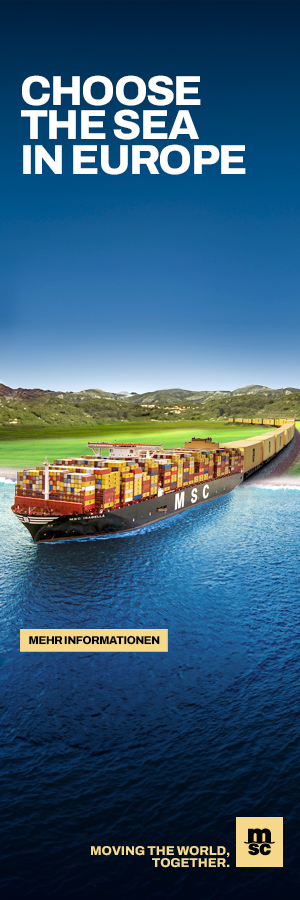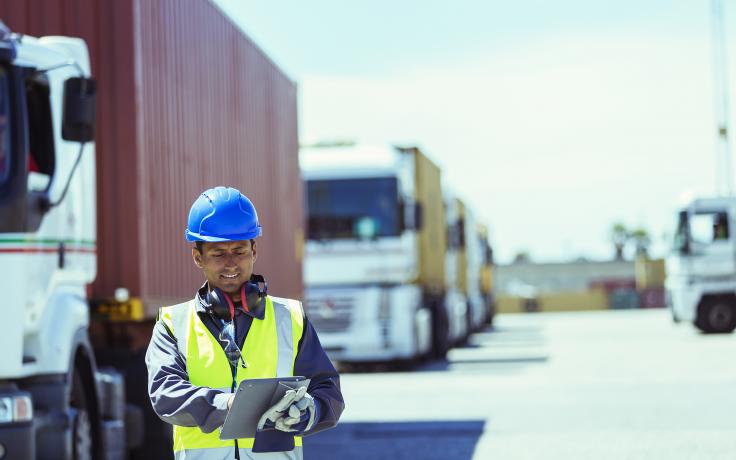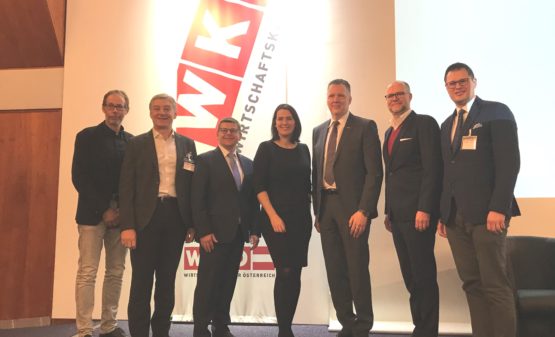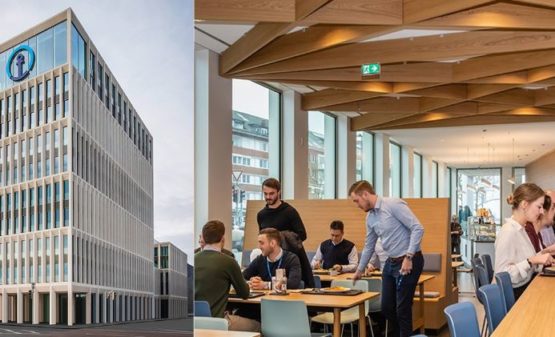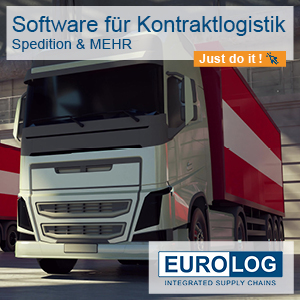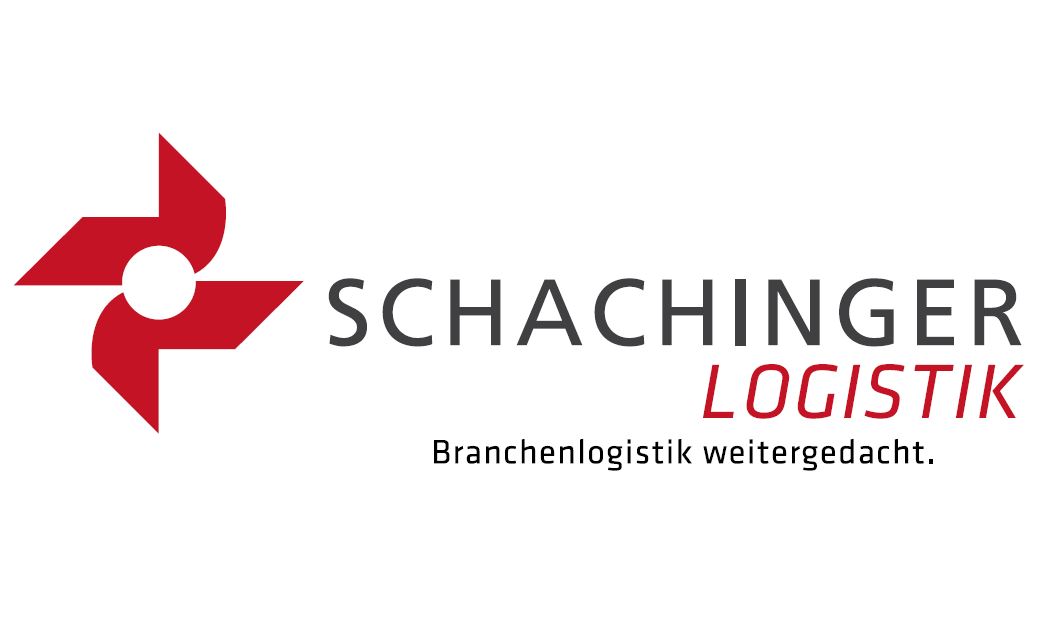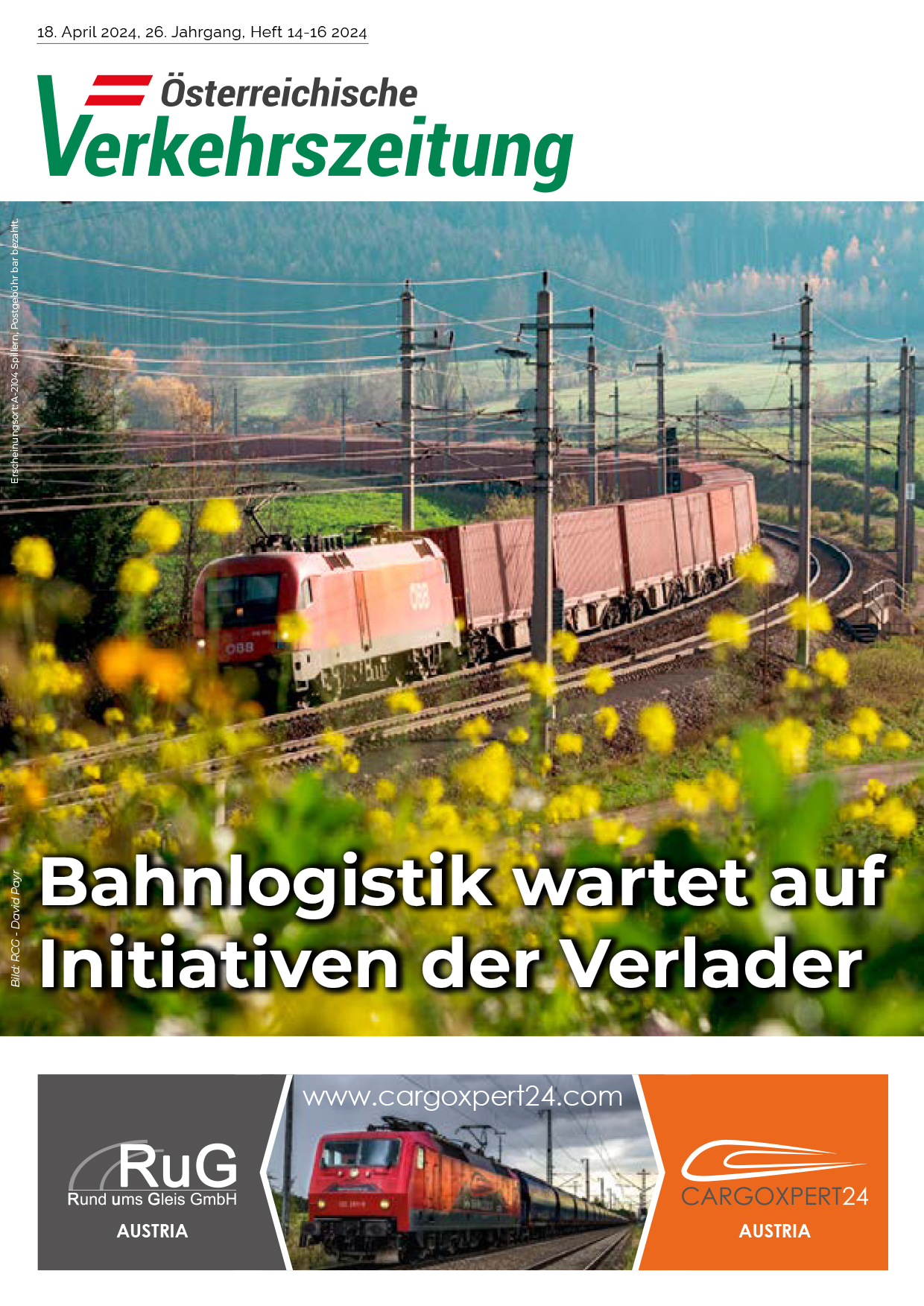The International Road Transport Union (IRU) has taken the lead in setting the global road transport agenda, by publishing a manifesto that calls on international organisations, governments and industry stakeholders to safeguard the role of road transport in driving economic prosperity. Road transport is the lifeblood of global trade and a critical link to unlocking international opportunity and prosperity. The sector accounts for 5.7% of employment worldwide; in Europe alone, providing five million jobs and driving a total revenue of EUR 500 billion.
Despite this, the industry faces a myriad of challenges – geopolitical unrest; climate change concerns; a chronic shortage of commercial drivers; issues surrounding digitalisation; and a perceived poor working environment. According to a report published by IRU last year, geopolitical uncertainty is the biggest threat facing the industry for 57% of transport operators.
It is against this backdrop that IRU has today launched its manifesto, for a world in motion. It calls on global economies to seize the opportunities within the industry by highlighting the areas where intervention is required across its three core pillars: prosperity, people and environment.
Digitalisation has the potential to transform road transport, with new realities such as open data and Mobility as a Service significantly reducing costs and driving efficiencies. However, many parts of the sector have yet to adapt. IRU is calling on the industry to speed up digitalisation; encouraging transport companies to go paperless and urging international governments to increase the use of technology enabled freight exchanges and systems such as fully digital TIR at borders.
Meanwhile, geopolitical uncertainty and difficulties entering the sector for new providers and workers pose risks to the growth of the industry. So IRU is encouraging governments to revise transport policies with modal cooperation; to set appropriate rules for professional driver requirements; and to define a harmonised framework for better data access and governance.
In Europe, roughly one in five driver positions is currently unfilled and levels of both women and younger employees remain extremely low. The industry is still lacking the basic infrastructure for drivers, such as safe and secure truck parking areas.
IRU is calling on international governments to improve safety and security for drivers, and to create a more positive image and better working environment. Together with its members, IRU has developed a road map on driver shortage, calling for improved funding for safe parking areas and driver training alongside a managed transition to autonomous vehicles.
Already transport operators are taking significant leaps in the use of more sustainable transport alternatives, driving greener mobility and logistics. Yet there is still some way to go before the long distance, heavy duty commercial road transport industry fully adopts alternative fuels, including natural gas or synthetic fuels and alternative powertrain solutions – such as electric and hydrogen fuel cell technology.

